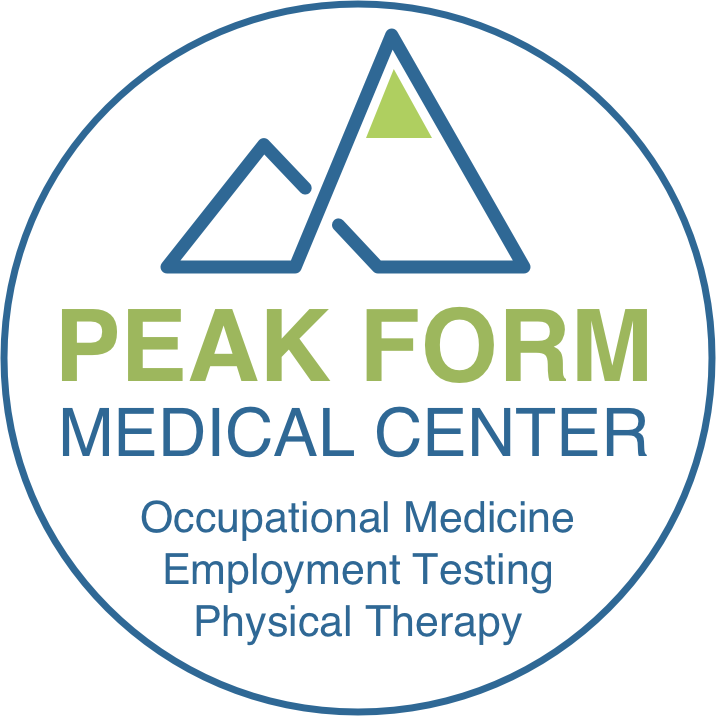How Much Pain Is in the Mind? This Doctor Thinks the Answer Is, MostMore than three decades ago, John E. Sarno, MD, published Healing Back Pain, a popular book that garnered something of a cult following. Looking at his own practice, Sarno, a rehabilitation medicine specialist in New York City, saw that most of his patients with chronic pain did not have evidence of acute injury or degenerative disk disease. Their persistent pain appeared to be independent of any structural damage to the spine. Sarno attributed the pain to what he called tension myoneural syndrome (TMS), or the body’s reaction to suppressed stress and emotional turmoil. Resolving that psychological conflict, Sarno believed, would lead to an improvement in pain. Sarno’s theory has met skepticism from the mainstream community, but glowing testimonies from patients who say they benefitted from his strategies fill the internet. Sarno wrote several books on his ideas before his death in 2017. But he published only one peer-reviewed study, a 2003 review in the Archives of Physical Medicine and Rehabilitation co-authored by Ira Rashbaum, MD. Medscape Medical News spoke recently with Rashbaum, a physiatrist and chief of tension myoneural syndrome at NYU Langone Health, New York City, about TMS and how he manages patients with chronic pain. This interview has been edited for length and clarity |


